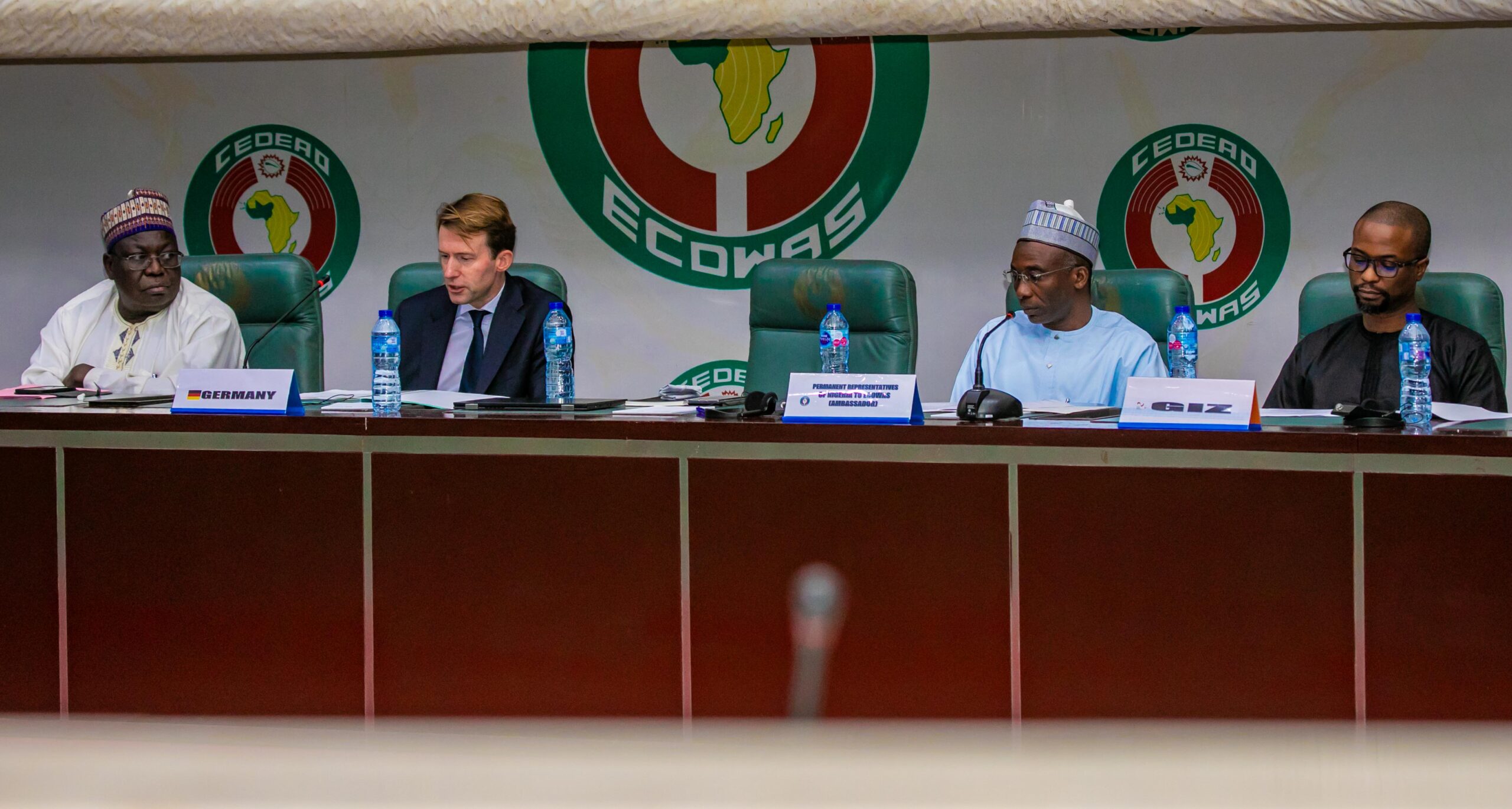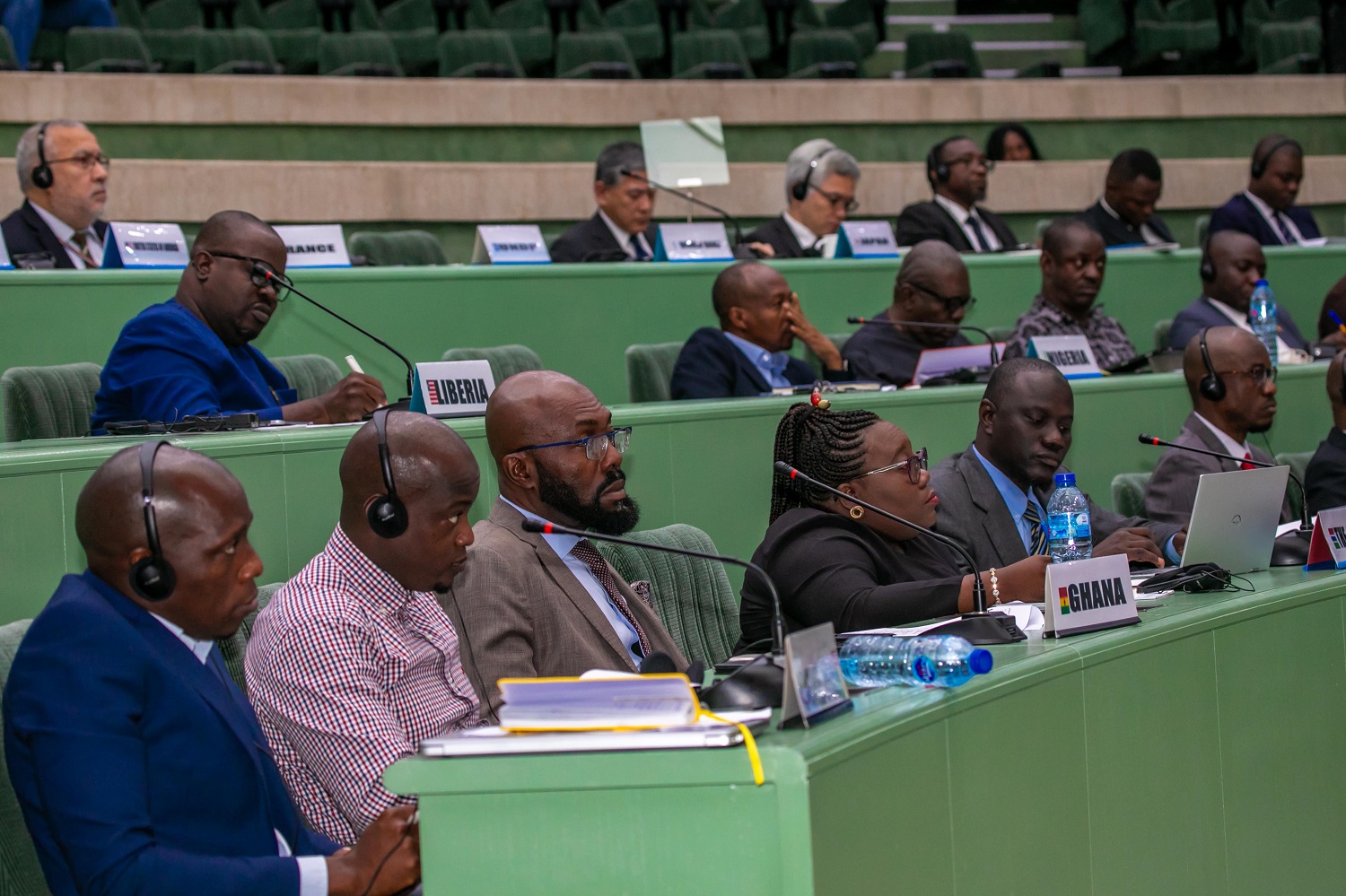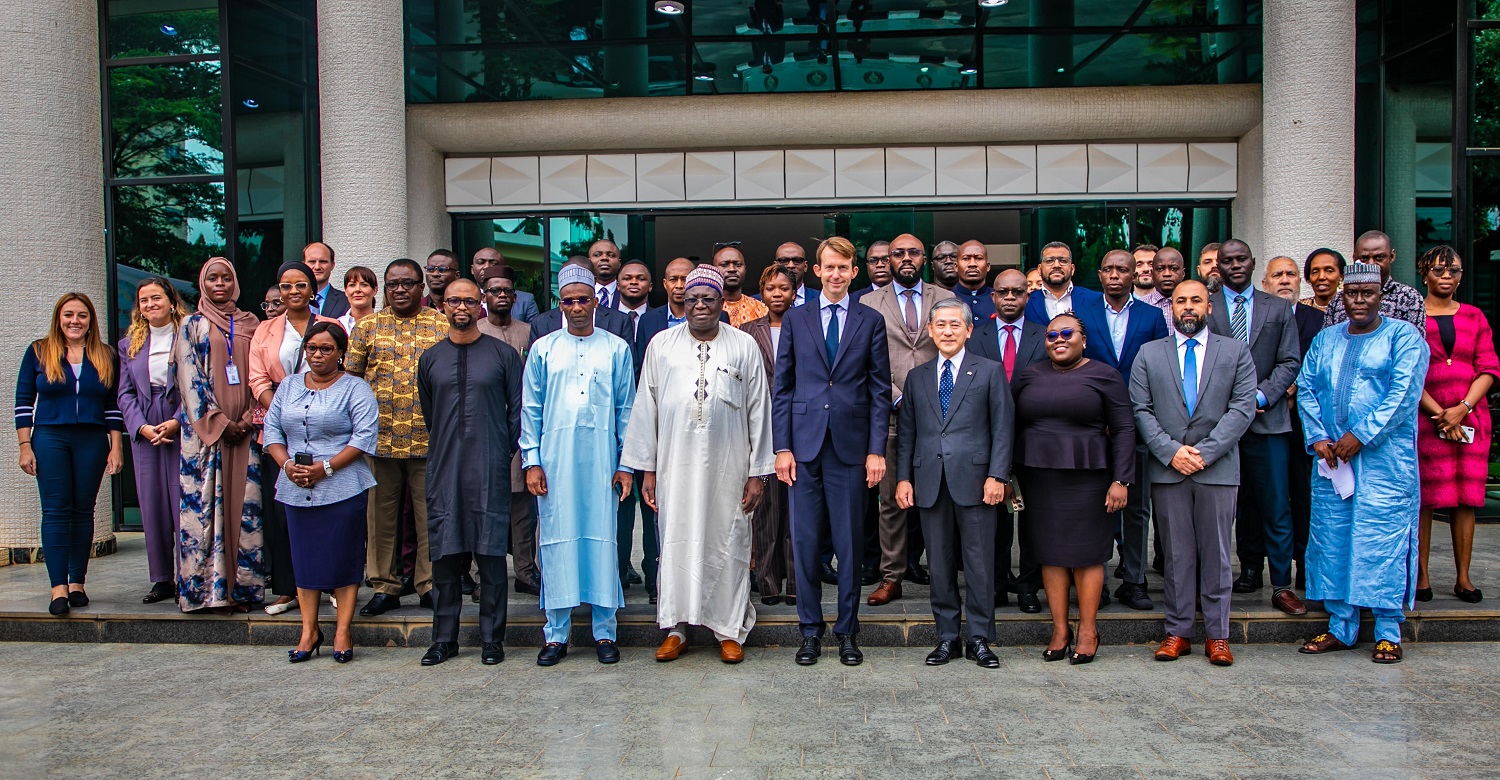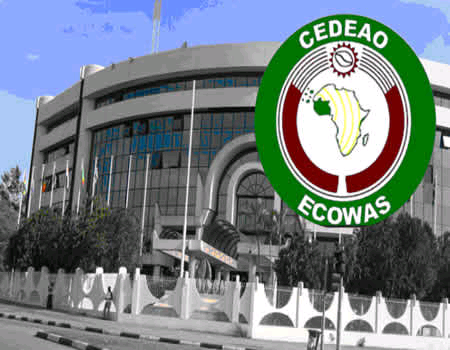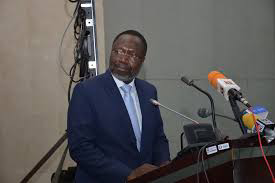The Speaker of the Economic Community of West African States (ECOWAS) Parliament’s Speaker, Hon Sidie Tunis has disclosed that the key components of the 2024 Parliament’s budgetary allocations will be directed towards supporting women and youth development.
Tunis disclosed this in his speech while declaring open the Second Extraordinary Session of the Community Parliament of the fifth Legislature in Winneba, Ghana on Tuesday which is dedicated to the consideration and adoption of the 2024 Draft Budget of the Parliament.
At the session, Hon. Mohamed Bangura and Hon. Sarah Emmerson Lamina, parliamentarians from Sierra Leone were sworn in by the speaker.
Speaker Tunis said the fifth Legislature, under his stewardship, has never wavered in its commitment to fund programs that impact directly on the community citizens, especially women and Youths; even as he assured that a second global summit for women and youths will be held in December.
He further expressed hope in the establishment of ECOWAS Youth Parliament which according to him would bring about more youth involvement and participation in political institutions in the sub-region and also sway them away from vices.
He stated: “Earlier this year, we hosted the ECOFEPA Global Summit through a direct budgetary allocation from the Parliament’s Budget. As a result of the successes recorded and testimonies received from the beneficiaries, I am pleased to announce that provision has been made in the 2024 budget to host a Second Global Summit for Women and Youths across our region before the end of this Legislature.
“I am aware that in December of 2023, during our Second Ordinary Session, ECOFEPA is expected to elect a new corps of Officers. Whoever emerges as the next President, please be assured of our unflinching support in achieving this and other gender-sensitive programs.
“I also believe, that considering the recent political trends across the region, focusing on youth, in terms of their engagement in an organized forum, is extremely timely and could sway them away from the temptation of engaging in vices that are detrimental to their overall development. With that said, we are fully prepared to promote the establishment of the ECOWAS Youth Parliament.
“We are convinced that an ECOWAS Youth Parliament could serve as the foundation for youth representation in formal political institutions such as Parliaments, Political Parties, and other Public Institutions.”
“The ECOWAS Parliament stands ready to work with the youths of our region in bringing together all the different Youth Assemblies with like vision and purpose under one umbrella, aimed at establishing the ECOWAS Youth Parliament.”
Speaker Tunis also tasked all members of the parliament to pay close attention to the context in which they find themselves as a region by protecting the dividends of democracy, even as he prayed that democracy will be allowed to survive in the West African sub-region.
“The Budget, in concrete terms, is the financial expression of our participation and commitment to the development and integration process of our region.
“The Parliament’s Budget provides the means to implement our actions contained in the institution’s strategic plan. It also contributes, in a meaningful way, to the preservation of democracy and peace, which are the fundamental precursors of economic development and integration.
“As you carefully examine the chapters and headings of the draft budget that will be submitted to you, I challenge you, Honorable Members, to pay close attention to the context in which we find ourselves as a region.
“We have the moral obligation, like never before, to work towards protecting the dividends of democracy, including freedom and justice, peace and security, accountability and economic prosperity. It is my belief, hope, and prayer that democracy will be allowed to prevail in the West African sub-region to propel the level of development we so desire for ourselves and our people,” Tunis stated.
More than ever the Speaker advocated for democratically elected governments which must respect the rule of law and ensure that the dividends get to the people. This he said is “the way to go”.
According to Speaker Tunis, despite the challenges faced by democracy in the sub-region, It is in the interest of members of parliament to align with, defend and promote the sacred values of democracy.
“There is, also, the compelling need for democratically elected governments to serve in the interest of the people by ensuring that the benefits of democracy, which we so cherish, spread across the length and breadth of our nations for the people to feel the effect of the democracy we continually advocate. Leaders must understand that constitutional engineering to perpetuate themselves in power is an infringement on the sovereign will of the people, a clear violation of their mandate to rule, and a setback in democratic development and consolidation.
“Leaders in the sub-region must respect the rule of law and constitutionalism by strengthening the democratic institutions and agencies that facilitate these; promote, and protect the inalienable human rights of the people, educate the masses on the importance of democracy, and ensure that the strong democratic institutions hold the military accountable to civilian rule.
“I must indicate that I hold an extraordinary belief in the progress and development of this Community, that we will turn the tide and return to the path of democracy, constitutionalism, and the rule of law, which are ever so predictable and hold the key to our common good as a people. Notwithstanding the challenges that democracy is facing around the world and in our sub-region, I truly hold that it is still the only system that offers opportunities for growth and prosperity” he reiterated.
The Parliament considered and adopted the draft agenda and draft work programme of the 2023 Second Extraordinary Session, and the draft Report of the 2023 First Virtual Extraordinary Session.
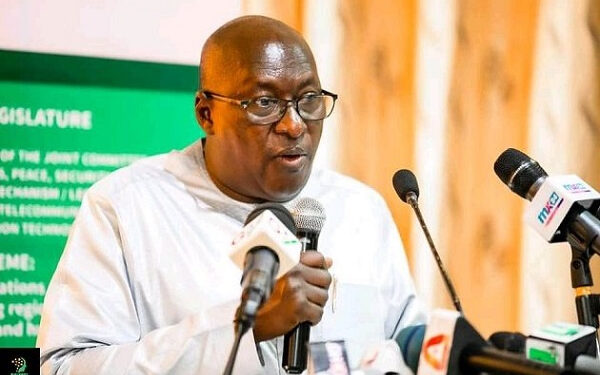
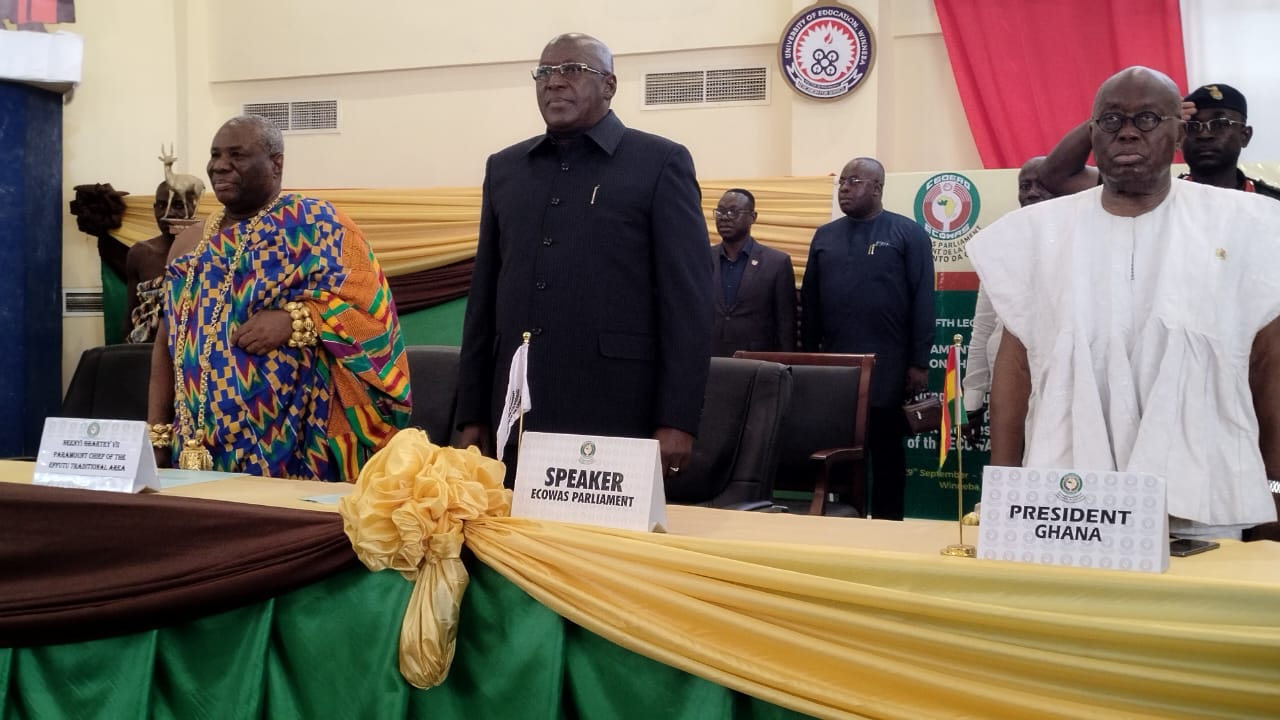
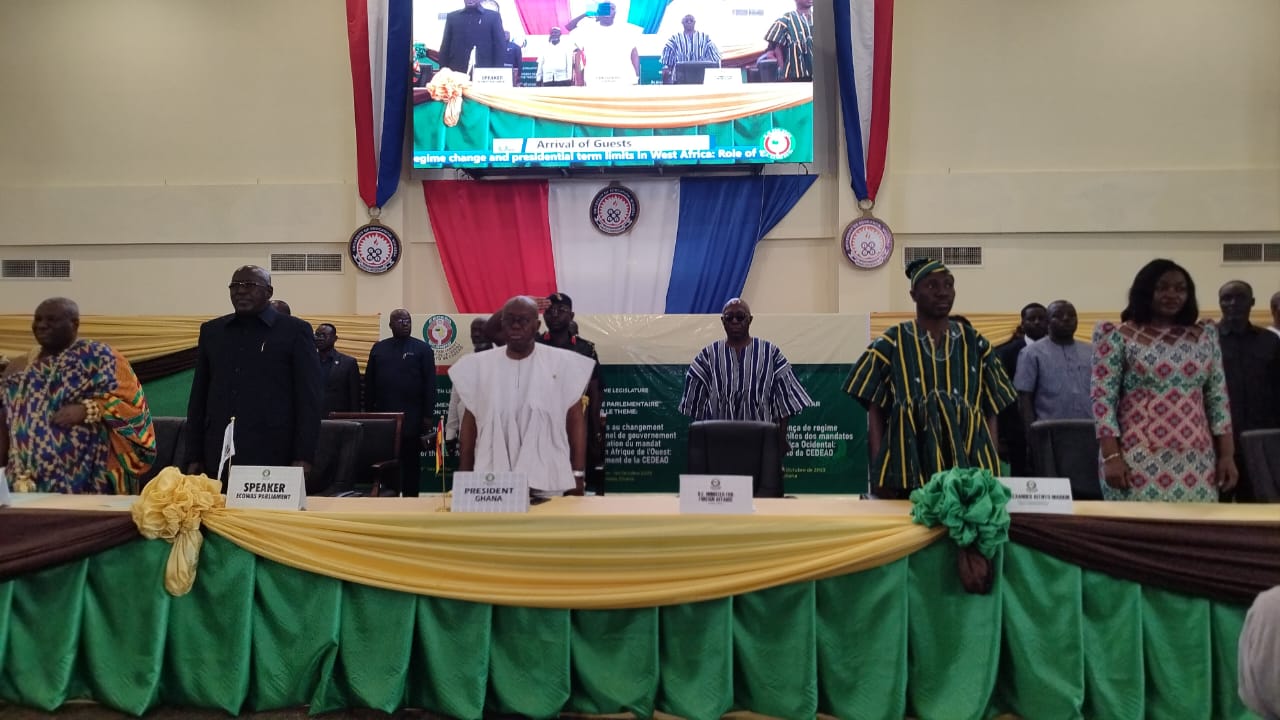
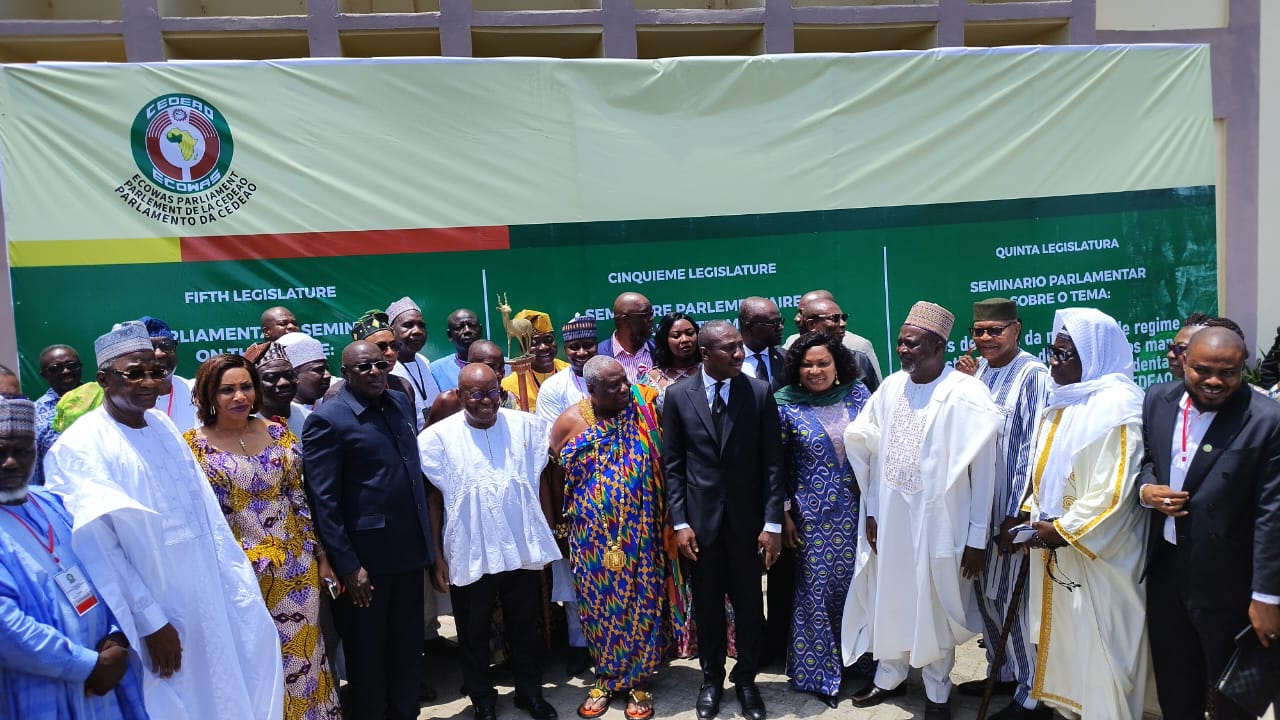
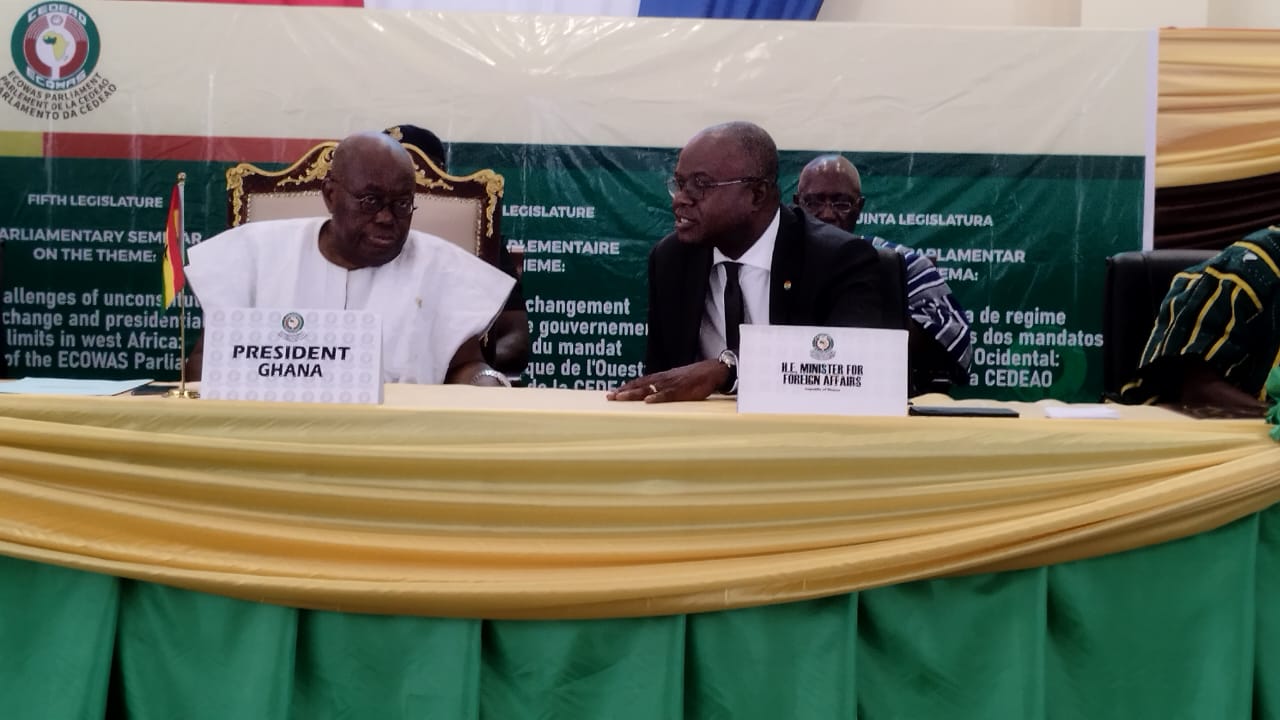
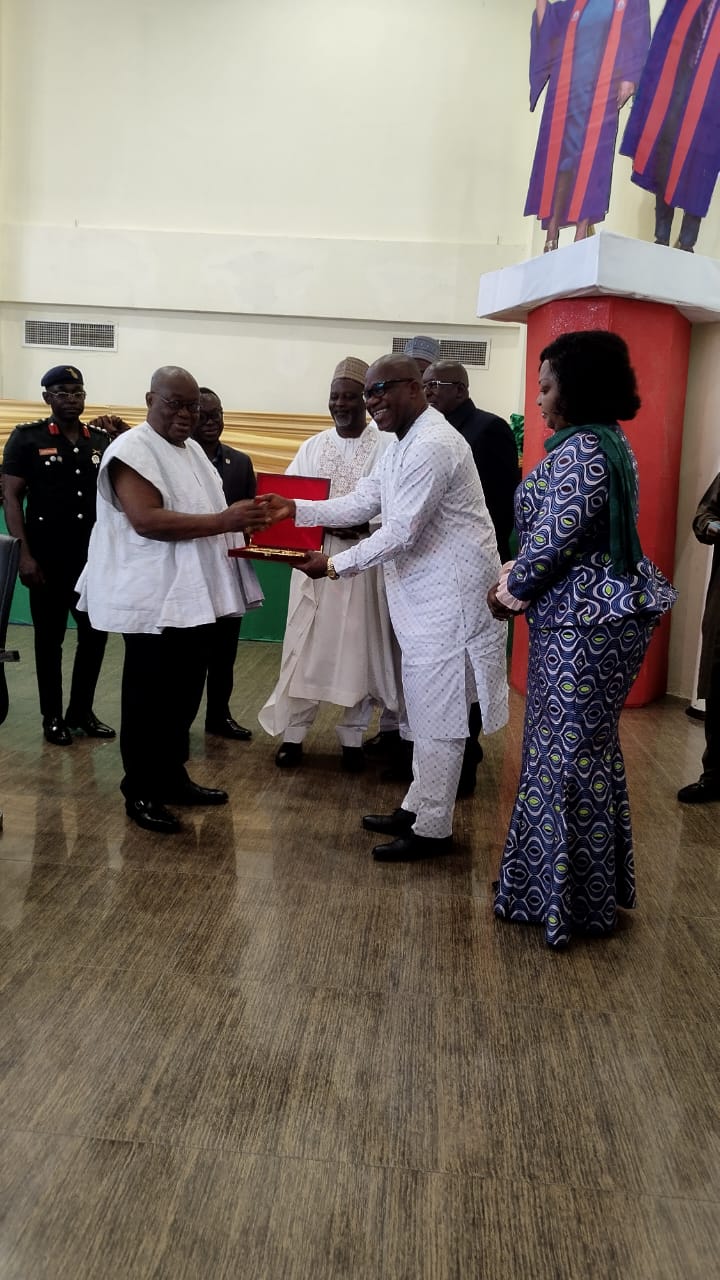
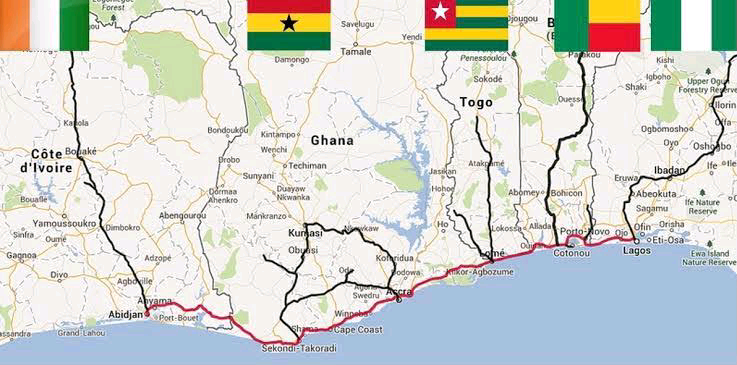
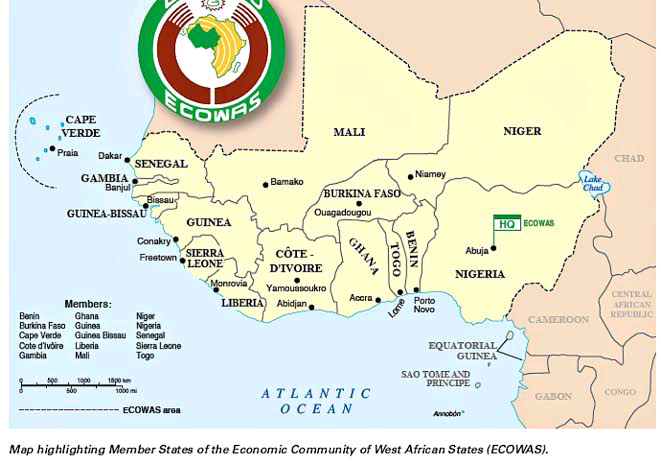

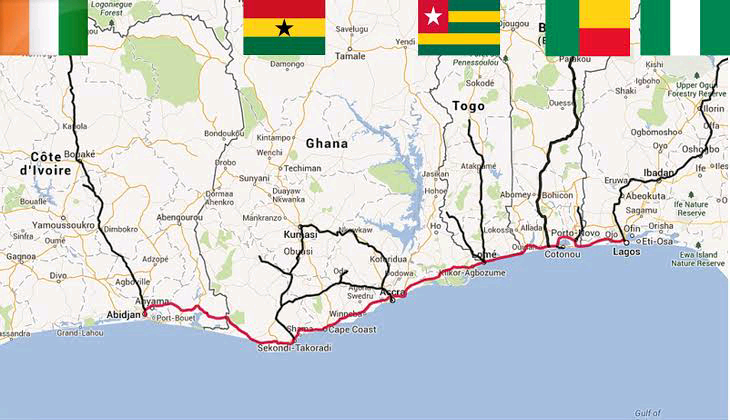
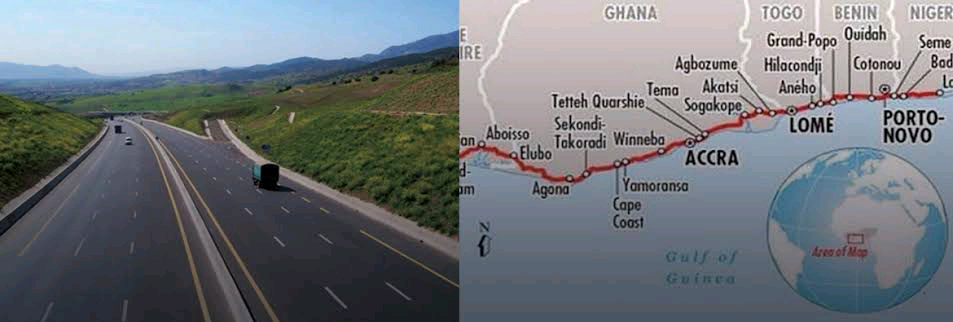
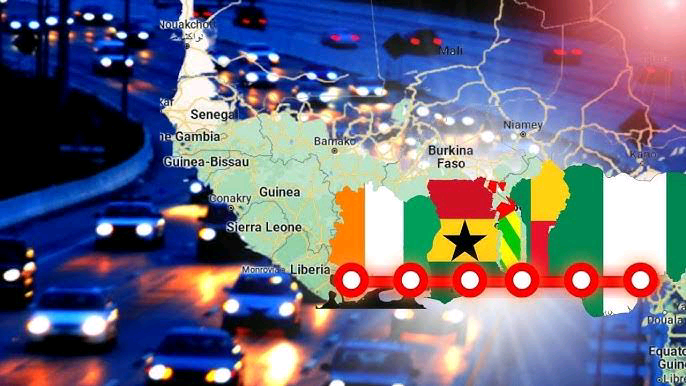
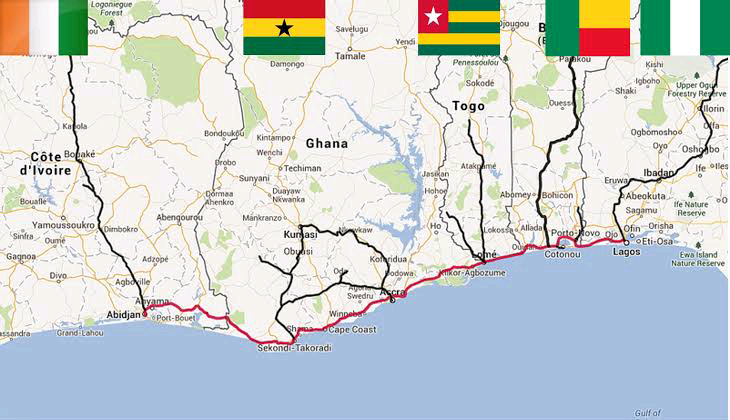
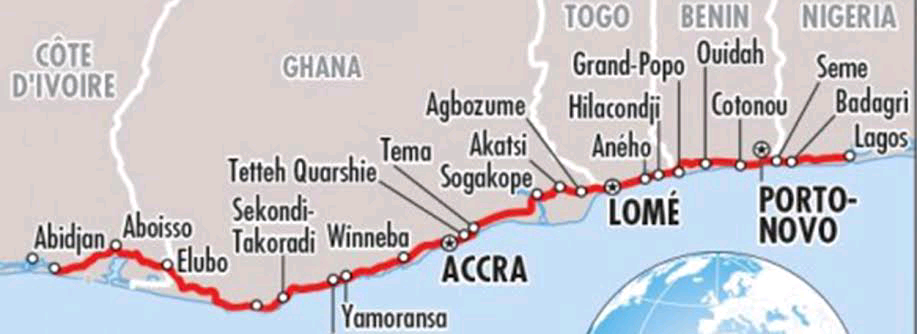
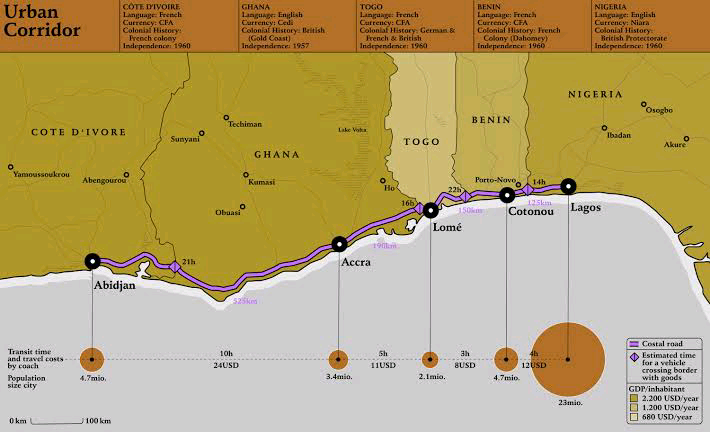
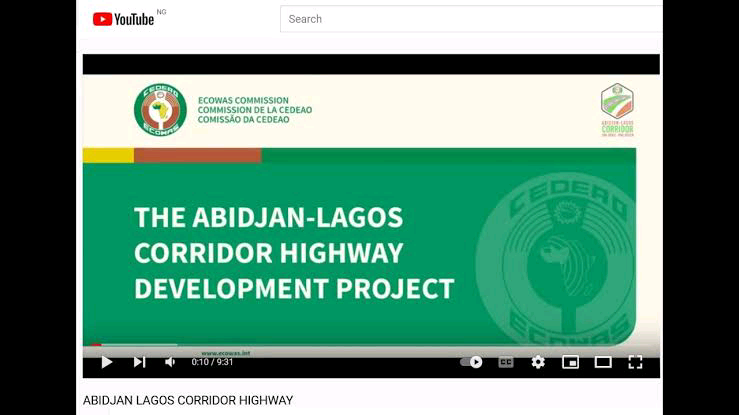
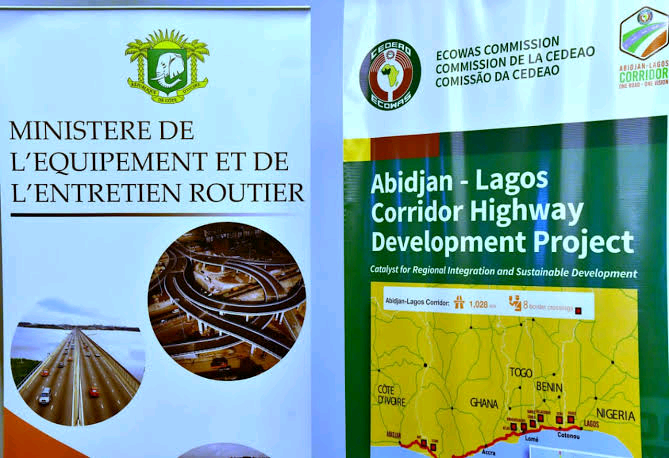

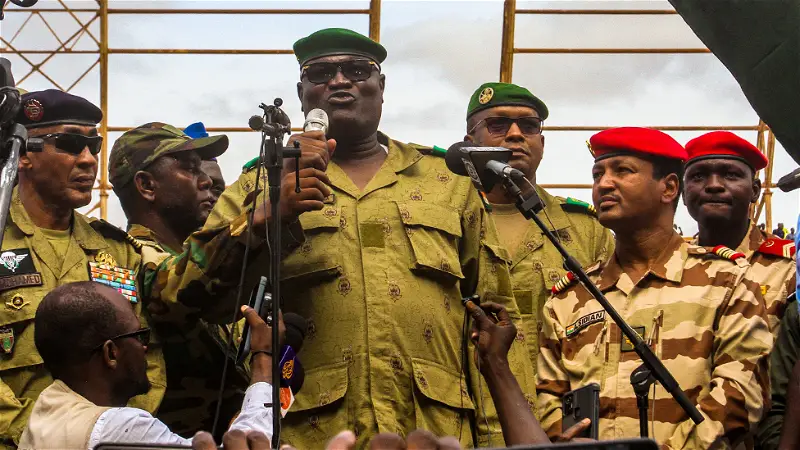
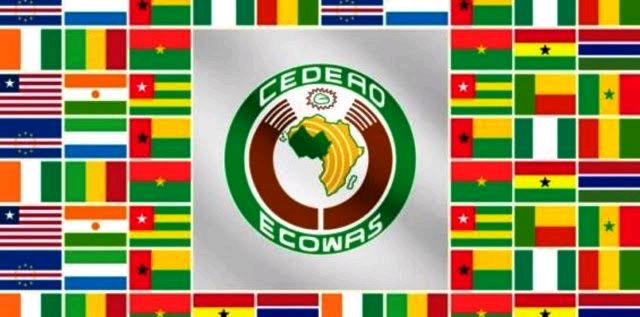
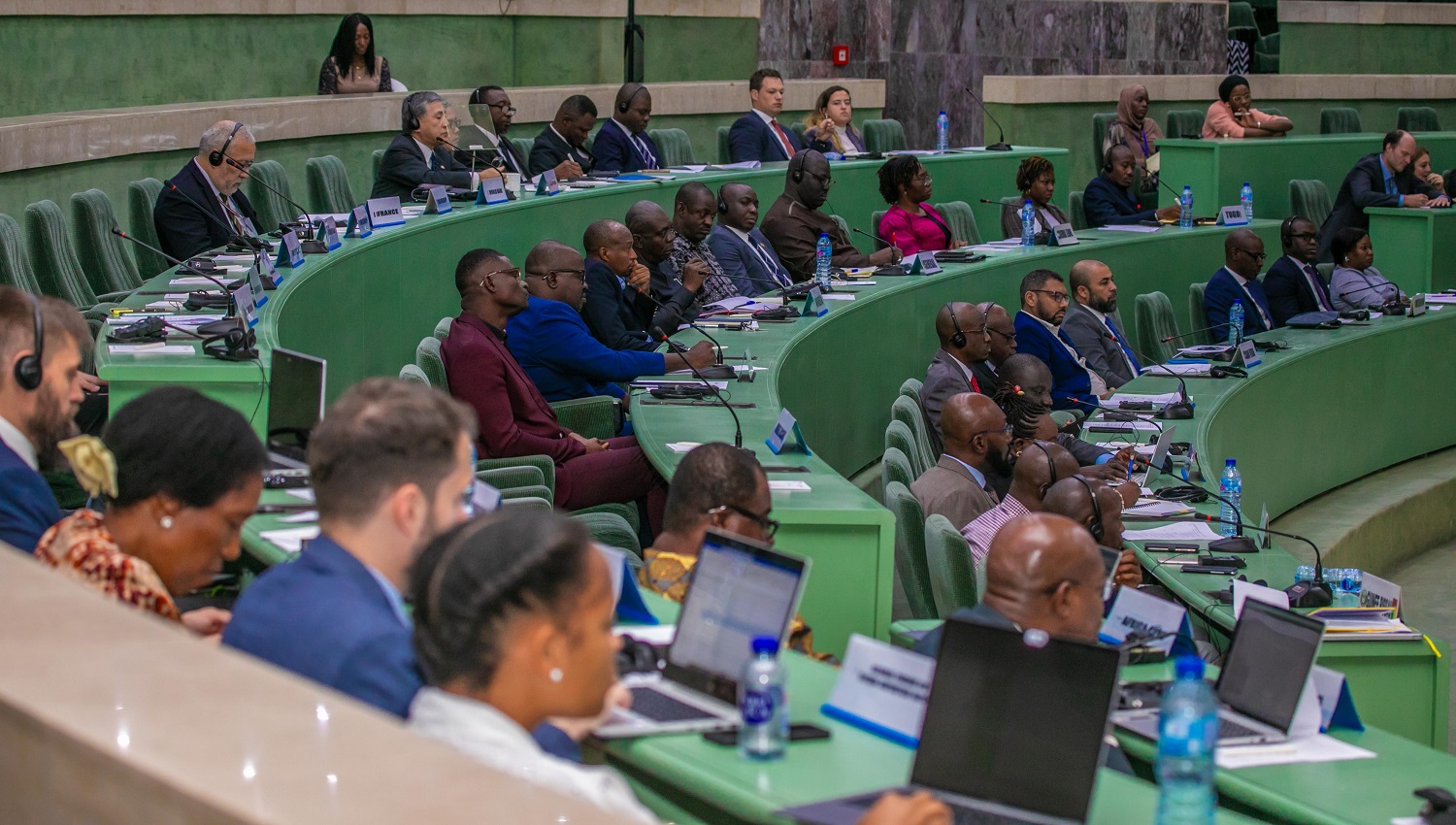
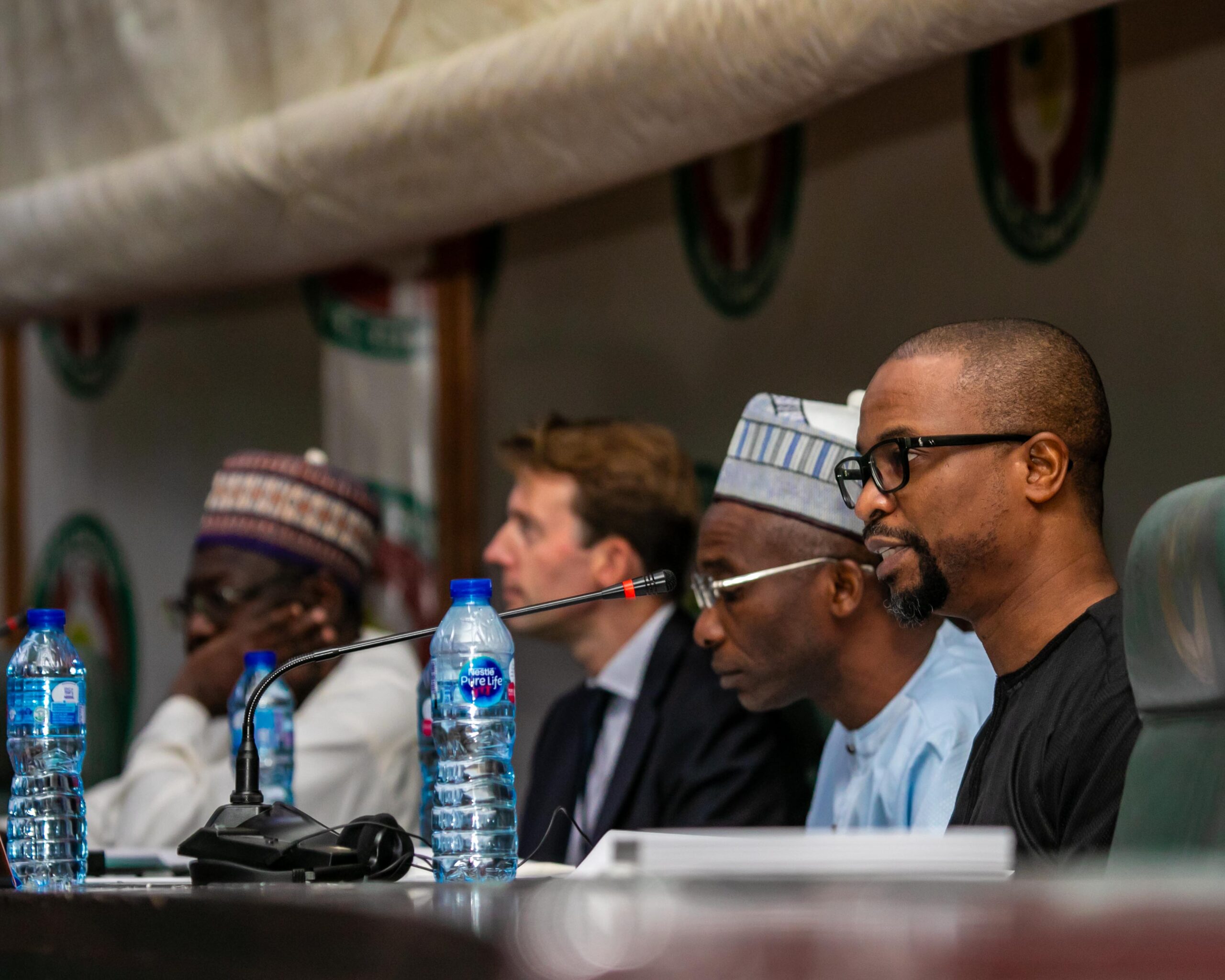 The three-day event will serve as an official starting point for the joint implementation of the ECOWAS Action Plan to increase regional cybersecurity resilience and capacity.
The three-day event will serve as an official starting point for the joint implementation of the ECOWAS Action Plan to increase regional cybersecurity resilience and capacity.